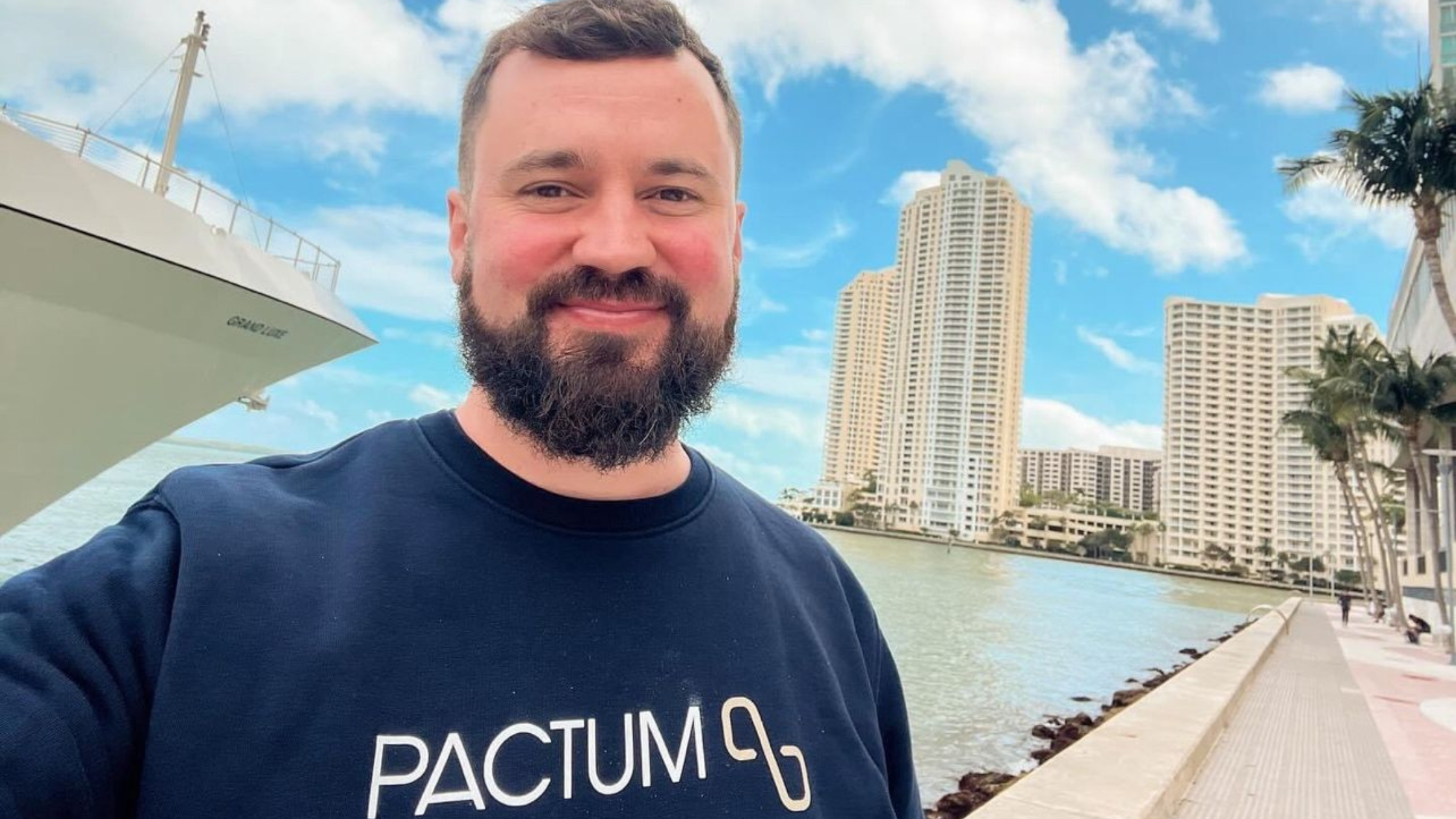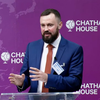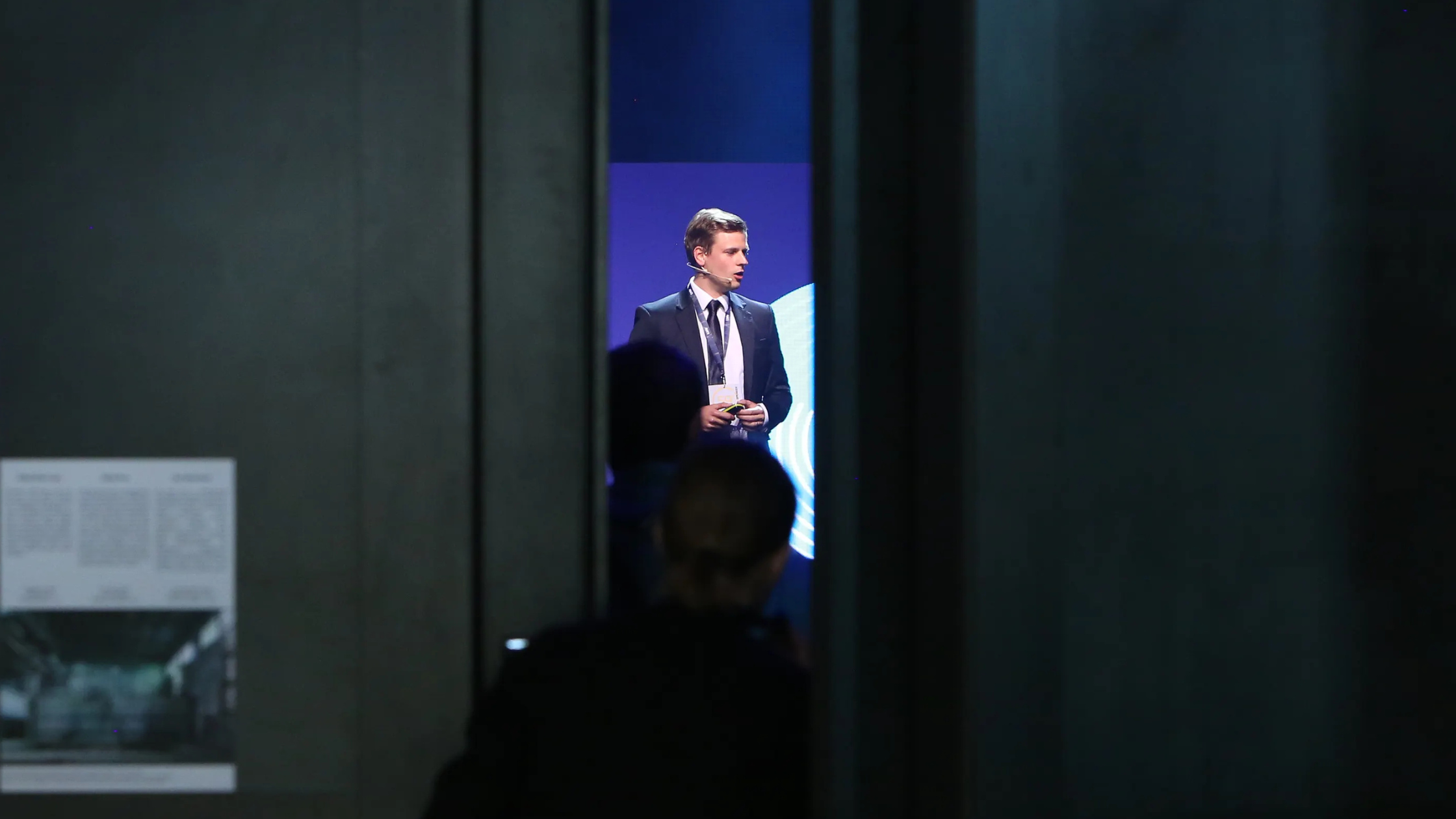The future isn’t what it used to be.
Back in 2020, while the covid pandemic was raging, a lot of big tech was increasingly sure that the metaverse would be the next big thing.
It made some sense, at least from the perspective of anyone stuck in seemingly endless lockdowns.
But Kaspar Korjus had a wildly different view.
After stepping down as the founding MD of Estonia’s hugely successful e-Residency programme, a lot of people were eagerly excited to hear what he’d focus on next.
…and then disappointed to hear it was something to do with using AI for negotiations.
Together with his brother Kristjian Korjus and former Skyper Martin Rand, they were launching a company called Pactum AI to develop an entirely new category they called autonomous negotiations.
Still Sci-Fi
But computers can’t negotiate, they were repeatedly told in online comments and in boardrooms with potential investors.
One investor offered them money just because he believed in the team but said they’d need to quickly pivot to something actually useful. Perhaps they could develop software to help train negotiators, a few people suggested.
Bear in mind, this was years before anyone had heard of ChatGPT and AI was still mostly sci-fi.
Kaspar was undeterred though. He had already defied expectations with e-Residency and was convinced that AI was the next big opportunity for unlocking global prosperity.
After many years working with Kaspar (during which he very deservedly became the most quoted Estonian in the international media!), I reconnected with him to understand his vision and ended up working with Pactum on their earliest communications after it received the backing of Estonia’s so-called Skype mafia.
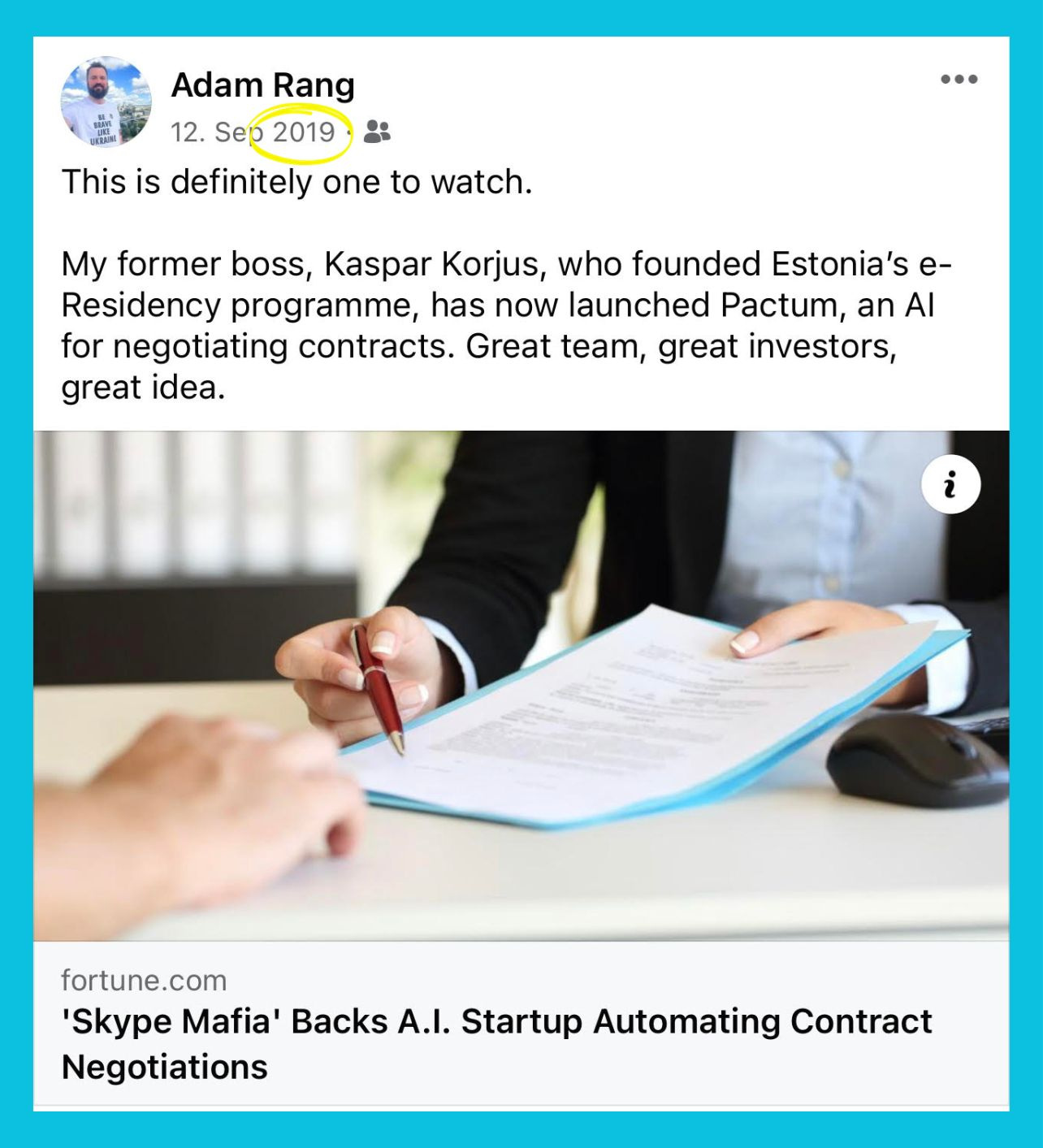
The challenges of covid will be forgotten sooner than we think, Kaspar reasoned, but there will always be more black swans and we need to build resilience to them all. Not just by immersing ourselves even more deeply in our technology, but by getting our technology to act on our behalf and do things for us at a superhuman scale, freeing up more of our time to focus on what really matters.
AI is on the brink of enabling that, Kaspar insisted. He talked about AI in the form of agents that would act for us, something that sounded like a wild dream at the time. But he had the best possible cofounders to turn that dream into reality.
The dream team
After leaving Skype, Martin Rand built another startup that was then quickly acquired by a Fortune 500 company, giving him a good vantage point for how (badly) corporate contracts are negotiated.
He had watched in dismay as huge amounts of value kept getting left on the negotiating table and so he signed up to the world's top negotiation courses in an attempt to fix this. But he then realised it wasn't just a skill problem, but also a human capacity problem.
The vast majority of corporate contracts don’t even get negotiated. Big corporates just roll over standardised terms. Most suppliers never get a chance to explain how they could offer even more value.
Meanwhile, Pactum’s third cofounder Kristjan Korjus is a world leading expert on AI. He’s written numorous papers on AI applications (long before there was much interest in the topic), including as part of the first team to replicate the results of DeepMind, and he's also the author of Estonia’s best selling maths book.
Kristjian demonstrated how a small number of variables in a negotiation can quickly add up to quintillions of potential outcomes, in much the same way that a small number of moves in a chess game can create more variations than atoms in the observable universe.
Kristjan actually programmed his own chess playing software while still in high school so it made sense to programme a negotiating software - with a crucial difference. The model can be trained not to beat the opponent but to achieve the pareto optimal outcome in which both sides win by getting the most value possible.
All three cofounders understood that good negotiation is not a zero sum game. It’s the reason why highly skilled negotiators prefer negotiating with other highly skilled negotiators because they can exchange more value. Instead of fighting over small slices, they bake a bigger pie together.
AI can scale that, conducting hundreds of thousands of supplier negotiations simultaneously and giving everyone the opportunity to bake bigger pies with partners who previously had little to no time for them.
Walmart drops by
Despite widespread initial scepticism, there was one company that immediately understood the potential because they have, well, quite a large number of suppliers.
Estonia hosted a high level visit from Walmart and took their c-suite leaders down to the small town of Viljandi where they met with Cleveron, a smart parcel locker solution, who then introduced them to Pactum.
And that’s how Pactum secured, as its first client, the world’s largest company by revenue. In an artsy, gorgeous little lakeside town in the middle of Estonia.

Shortly afterwards, in 2020, I worked with Kaspar to help communicate his future vision, which included the widespread use of AI agents by 2025.
By that point, Kaspar said Pactum would be used by many of the world’s largest companies to optimise supplier relations at scale. He even suggested we reference a hypothetical black swan event in 2025 that would disrupt global supply chains.
A bit like, you know, a sudden trade war.
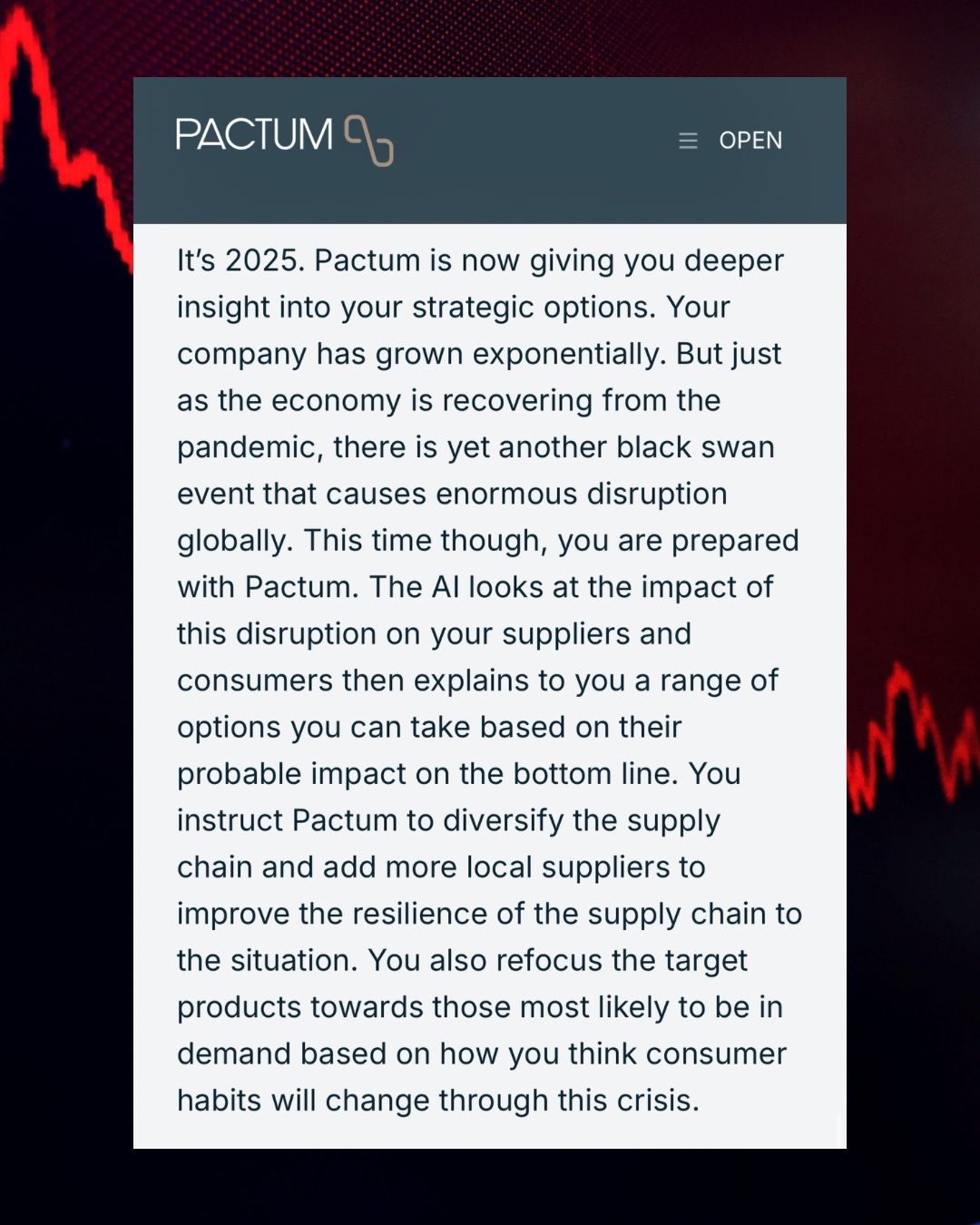
Spoiler alert.
We’re now in 2025 and more than 50 of the world’s largest companies are agreeing billions of dollars in deals by sending Pactum's AI agents to conduct autonomous negotiations with suppliers, while early clients like Walmart continue to scale it across their business.
Meanwhile, the black swan of tariffs at the start of 2025 led to Pactum being used at the highest strategic level to strengthen supply chains.
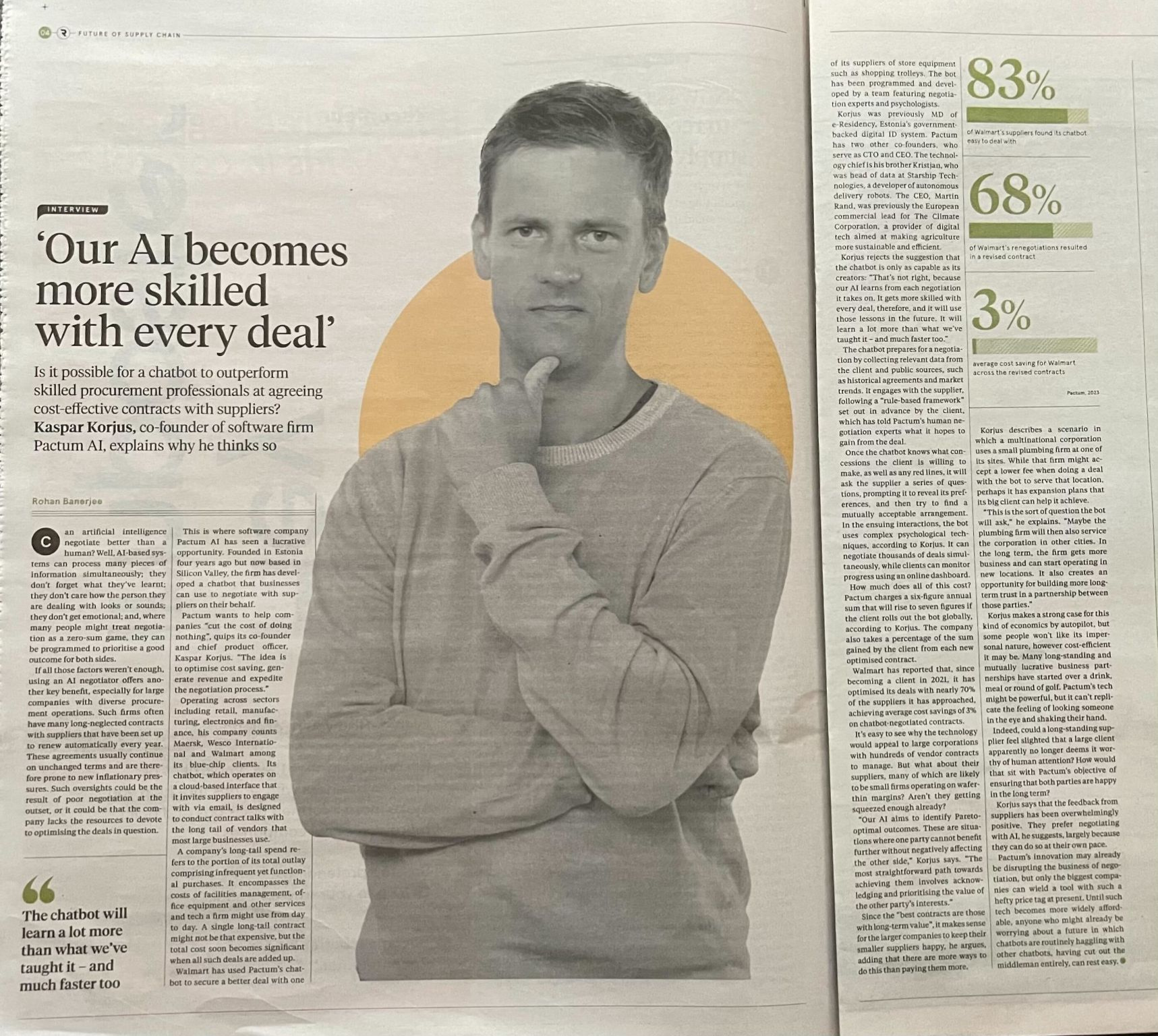
Still, not everything needs to be digital
I was particularly fortunate to spend the whole of 2024 with Pactum, mostly based in New York, to support Pactum’s momentum as it scaled.
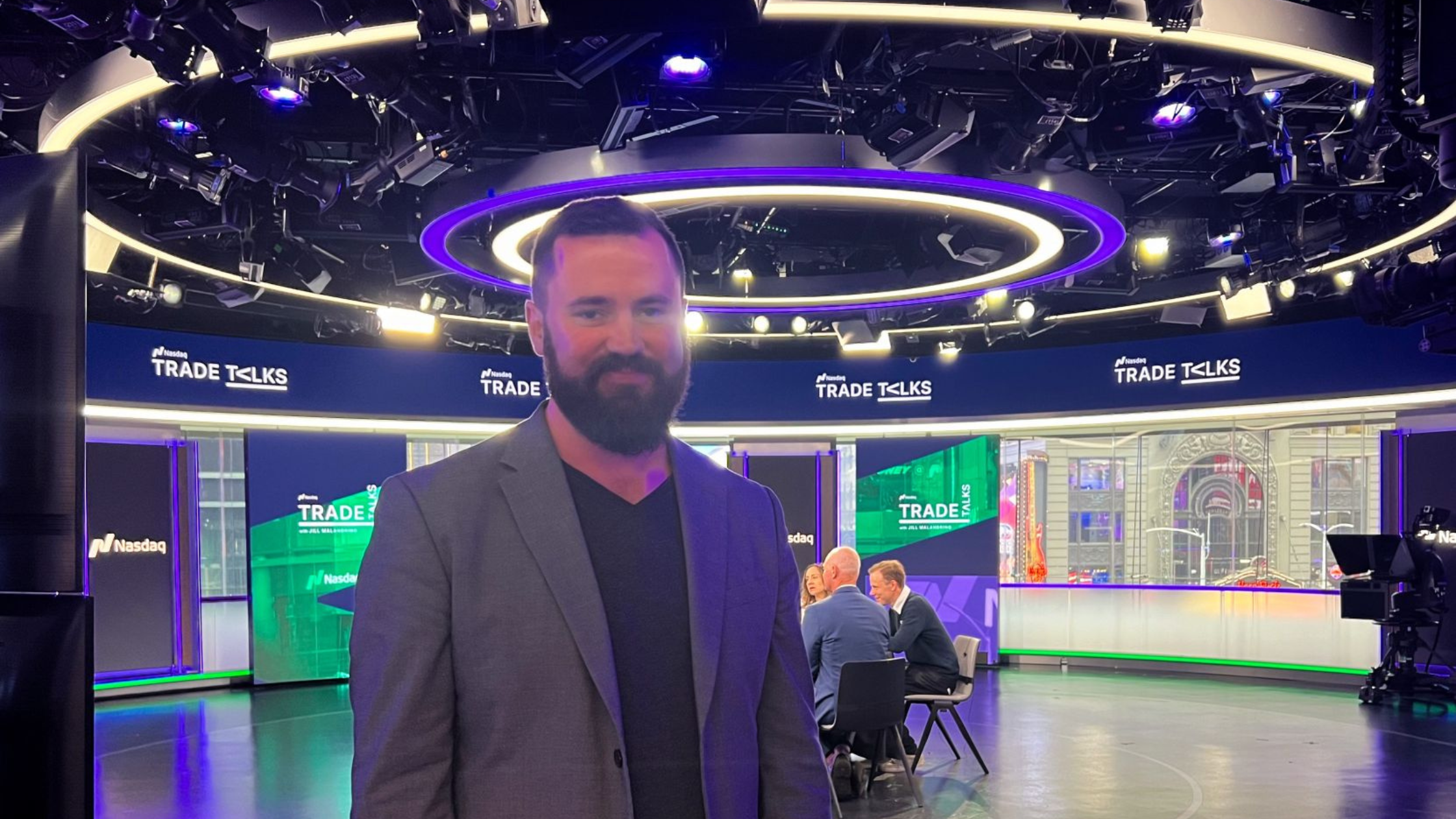
During this time, every company suddenly wanted to talk about how it was an AI company.
Walk past any conference stand or open any advert in a business magazine and you’d notice that almost every company has some variation of the exact same message: While everyone else is lost in AI hype, we will guide you on your AI journey and put AI to work for you, etc, etc.
How they plan to do that is usually left quite vague.
Funnily enough, Pactum was usually one of the only companies not to use AI in its slogans. We were focused instead on what Pactum is already actually achieving with the technology.
Pactum has no particular desire to be famous itself, but it was important to celebrate the real pioneers of AI who were adopting the technology and creating such huge value with it. The technology worked so well that you just had to help get microphones in front of procurement leaders investing in it and let them give their insights.
Getting on the same page
One of my favourite communication tactics we used for Pactum was very low tech.
We noticed that a potential lead client had filled out the ‘how did you hear about us’ box with the name of a new book called When Customers Become Machines.
I ordered it immediately and was blown away by how the authors, who were senior researchers at Gartner, had identified machine buying as the megatrend of AI (with a brief mention of Pactum as one example).
Their analysis and predictions aligned with everything Pactum’s own clients had been saying they were already seeing.
I’m really not a big spender when it comes to PR. A good news story just needs to be told. But I decided to spend some budget on many hundreds of hard copies of this book and share them with procurement business leaders across the US and Europe.
We popped them in the post, left them on the table at business lunches, and handed them out in gift bags to people attending a keynote by Kaspar, all with a friendly note inside with some additional context about Pactum.
At a lunch for business leaders in New York, Martin Rand even gave a copy to the President of Estonia who dropped by after addressing the UN General Assembly.

A lot of marketers are convinced that everyone has short attention spans these days, barely able to consume more than short video reels. But we respected our clients as deeply intelligent people keen to do their due diligence and think through the implications of their investments.
While other companies give out stress balls and other little branded gimmicks, a book seemed the best fit for a company that has long thought deeply in-depth about the technology and its implications. And the book was genuinely interesting as independent analysis worth reading, rather than some marketing text.
The feedback was great and it opened up so many new and interesting conversations with customers who wanted to use the technology and be part of the megatrend of AI.
The authors took notice too and the newly released version of the book now contains an even more extensive overview of Pactum based on an interview with Kaspar. There was no sponsorship arrangement. In fact, we negotiated a discount for the bulk order. And Pactum just stayed on their radar as a stand out example.
Machine buying is the megatrend
To sum up my own thoughts on Pactum, particularly for those not immersed in procurement, I made this video for my personal YouTube channel on the subject of why machine buying will be the megatrend of AI.
It was wonderful to see the reaction in the comments from so many people who had never heard of the concept before.
That video alone led to new media enquiries and I was even a guest on a South African breakfast show a few days later to talk about it all in more detail.
Why Kaspar called it right
What makes the Estonian startup scene so successful is that its innovators tend to start from the perspective that technology should help make the world ever more intuitive for everyone. That attitude goes all the way back to Skype (and Kazaa before that).
It sounds like an obvious starting point, but it’s not always.
Too much tech is instead developed with the priority to keep people locked into using that technology as much as possible. That leads to ideas like endless scroll and the missteps in metaverse investments.
In contrast, if you are focused on making the world more intuitive then it would have always made sense that AI agents will have a huge role in our future.
Notice that some of Skype’s original founders went straight into delivery robot development through Starship Technologies. That might seem a bit of an odd move, but they understood that everything that can be automated will be automated. And so they identified last mile delivery as the last area of automation.

However, in order to extend automation into trickier tasks like delivering groceries through unpredictable traffic, they’ve had to invest in a lot of AI-powered autonomy.
And that technology then totally challenges and expands our understanding of what can be automated. It’s not just things that move. With large language models, we see how autonomous machine thinking - AI - can work alongside us in the knowledge economy as well.
If everything that can be automated, will be automated, on a huge scale, once the technology allows - then AI agents are the logical conclusion.
Hence Pactum’s founders knew to invest in agentic AI and the Skype mafia knew to back Pactum AI, all way before agentic AI ever became a buzzword.
And instead of rushing to add AI agents as a feature of an existing business, Pactum had the opportunity to start with a blank slate and figure out exactly where AI agents built from scratch would create the most value.
It’s autonomous negotiations.
The future is here
In 2025, Pactum received the Future Unicorn Award presented by the EU Commissioner for Startups and Innovation.
41 European countries nominated the most promising startup representing excellence in European innovation and Pactum was chosen as the winner by Digital Europe.
And, making that future unicorn status even more likely, Pactum then closed a $54 million Series C funding round led by New York-based Insight Partners. It’s the largest startup investment in Estonia this year.

The very first autonomous negotiation in 2019 created a saving of about 80 euros along with some improved terms. The largest saving on a single deal so far is now $2 million.
One company autonomously negotiated a single deal of roughly $100 million. Another autonomously negotiated $4.3 billion as a single campaign of spend in just one business area with one category of suppliers.
And, while many AI initiatives still fail to get off the ground internally, Pactum’s earliest clients are starting to go gangbusters with it.
“We just don’t see many limits to [using Pactum],” Walmart’s Michael DeWitt told procurement leaders at the DPW procurement conference in October 2024, before explaining how they are scaling autonomous negotiations across the company. “Everything we’ve used it on, it’s been successful. It’s a very good ROI.”
As Kaspar explained in that first blog article, by 2030, Pactum will ""no longer just be an interface used by your company. It’s your company’s first AI employee that sits in the boardroom and helps directly advise on the company’s decision making. By the time the meeting ends and the way forward is agreed, your AI employee is already implementing thousands of new actions simultaneously."
That did sound crazy back then, but less and less with each passing day.
Finally, it’s worth noting that the most crucial factor in the success of Pactum continues to be its people. Kaspar has built an excellent team with development still based in Estonia, attracting some of the brightest talent in tech from across Europe.
Personally, I still think they are too modest! There is still so much more to come from this company.
Here at Absolutely Baltic, we only work with companies that are improving the world with this level of (newsworthy) ambition - and Kaspar has very kindly offered to be a reference for anyone considering working with us.
